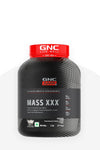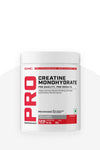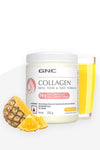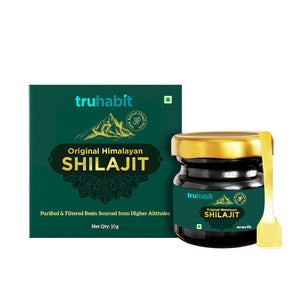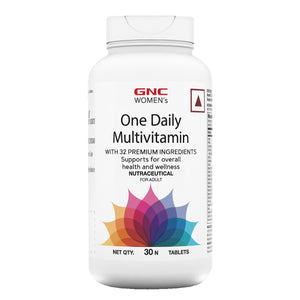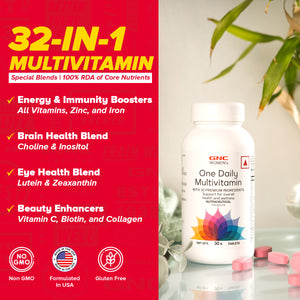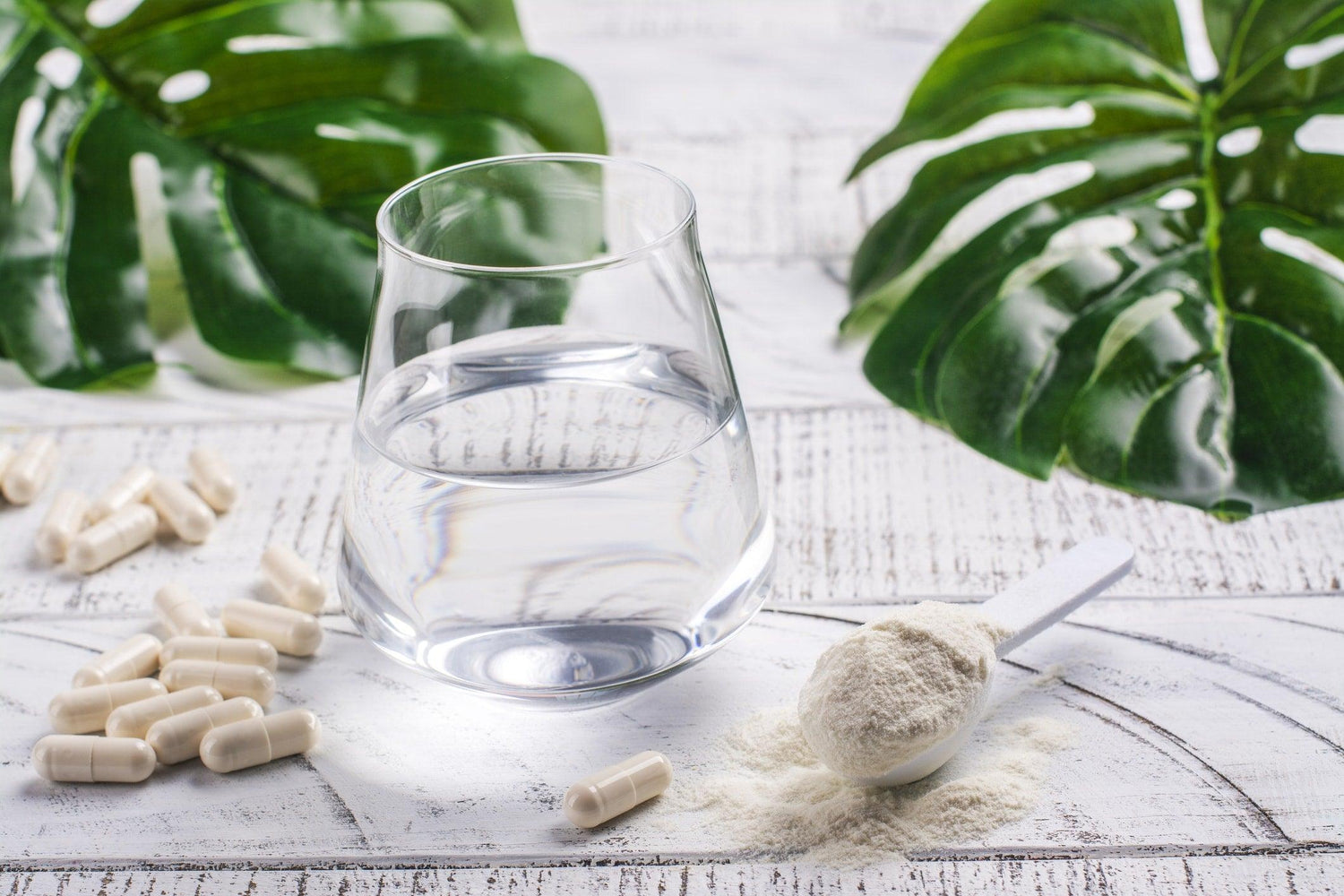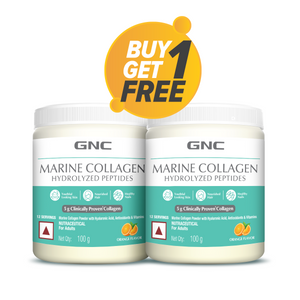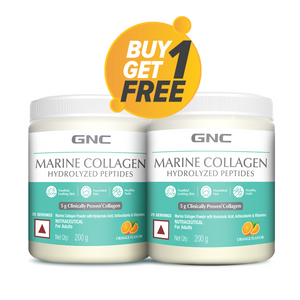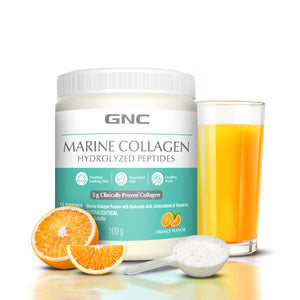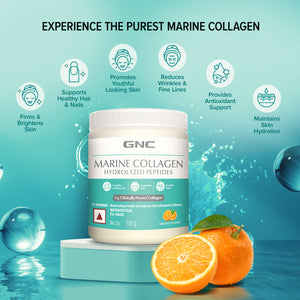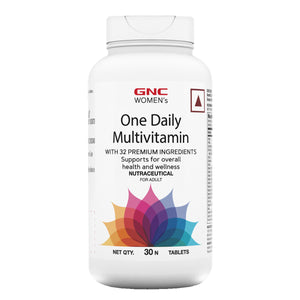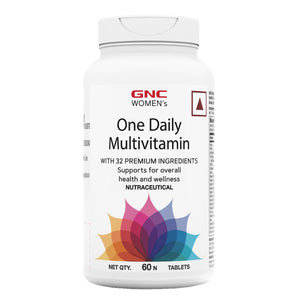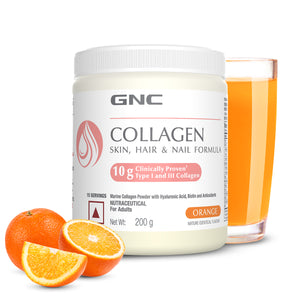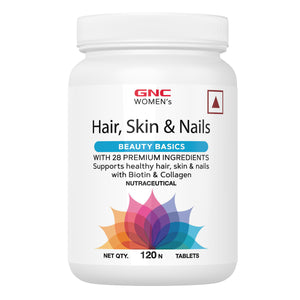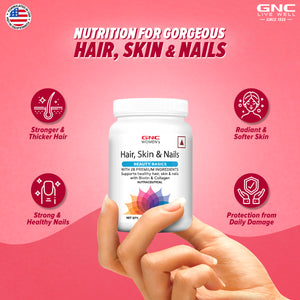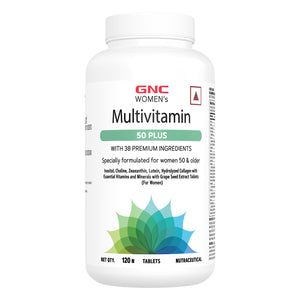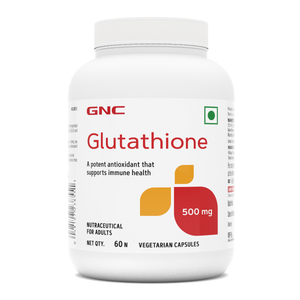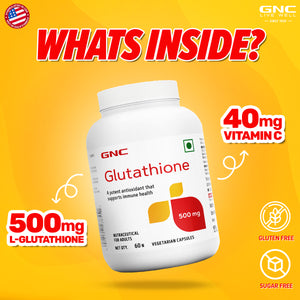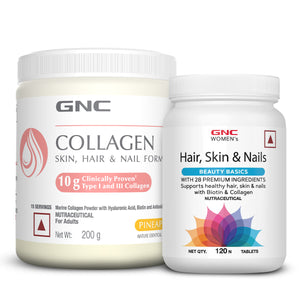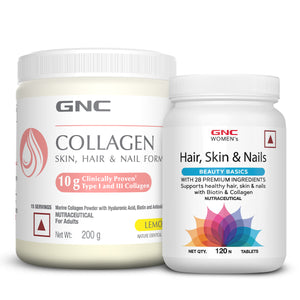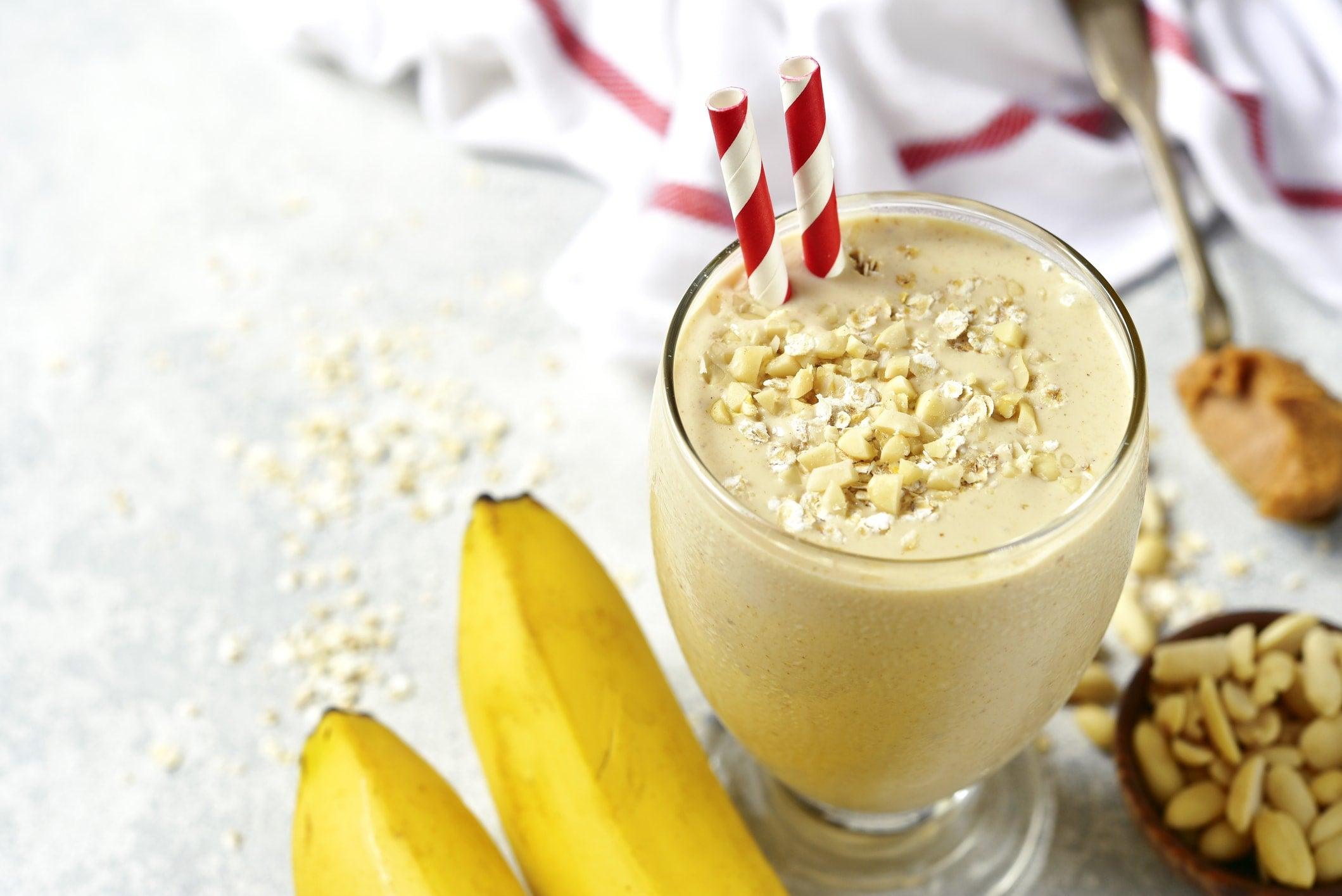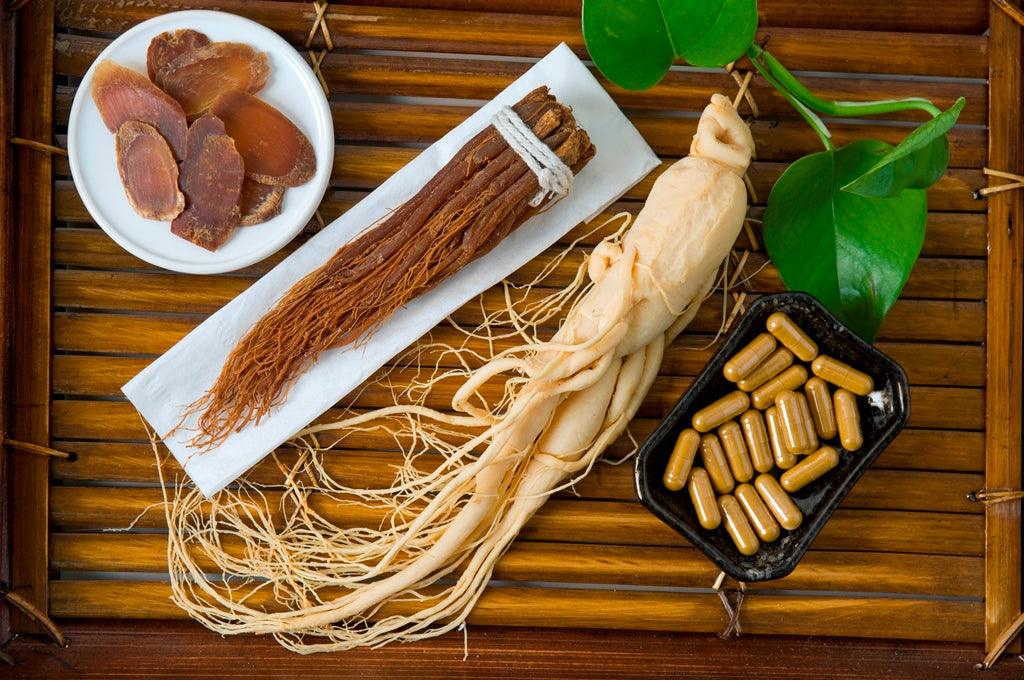What Is Collagen?
Collagen is the major protein found in skin, hair, nails, and in the connective tissue between muscle, bones, and joints. It is the most abundant protein in mammals, making up over 25-35% of whole-body protein content. Let’s discuss the benefits of Collagen Supplementation in this article.
Collagen is something we should never take it for granted, because our lifestyle habits processed foods, excessive alcohol consumption, and smoking can reduce the body’s ability to produce collagen.

Did you know?
The body produces collagen from amino acids and supporting nutrients like copper and vitamin C.
Health Benefits of Collagen Supplements
Helps Improve Skin Health
Collagen is one of the major proteins found in your skin. The major role of collagen in your skin would be to strengthen it, improve its elasticity, and keep it hydrated. As you age, your body’s ability to produce collagen reduces and thus leading to wrinkles and dry skin.
Collagen supplementation, on the other hand, provides a good amount of collagen and stimulates your body to produce collagen on its own. Many studies have claimed that people who take collagen supplements have better skin health in terms of wrinkles and elasticity as compared to those who do consume collagen.
Supports Joint Tissue
Collagen is the major protein found in the connective tissue between muscles, bones, and joints. It helps make up cartilage; the body’s natural cushioning between joints. This cushioning wears down over time or from rigorous activity. Taking collagen supplements has been shown to be beneficial in reducing the inflammation and stimulating collagen synthesis in the body.
Studies have confirmed that the hydrolyzed form of collagen is a reliable treatment for osteoarthritis or exercise-related pain experienced by athletes, which has implications for all people who lead an active lifestyle. (Kristine L. et. al, 2008)
Strengthens Hair and Nails
Just like for skin, collagen is also the building block for hair and nails. As the body ages, collagen declines, and the body’s ability to rebuild it declines. This deterioration can cause changes in the body like skin dryness and wrinkles, dull hair, and nails.
Collagen has been shown to reduce cracking in nails; research also suggests it can be used to improve the appearance of dry and/or dull hair, along with our skin, as mentioned. Studies have even found collagen to be a therapeutic target for hair loss.
May Promote Healthy Digestion:
Because of its unique amino acid and structural property, collagen promotes healthy digestion. It can help reduce the inflammation, normalizes the stomach acid secretion, heals stomach ulcers, and thus leads to better digestion. Through extensive research, collagen has been shown to be vital in repairing the intestinal lining, showing that collagen and gut health are surprisingly linked.
Enhances body composition:
The benefit of enhancing body composition is directly linked with one of the amino acids which make up for the collagen. One research study examined the anabolic response of resistance trainers who were using collagen supplements, as compared to the placebo. It was observed, post 12 week period – there was an improvement in muscle strength and body composition. The mechanism behind this would be the glycine. The body uses glycine to convert glucose to energy which can help fuel muscle cells. Hence, Glycine essentially sets off a chain reaction that boosts our energy, strength, and metabolism.
Fast Facts
Hydrolyzed collagen supplements mean collagen is broken down, which makes it easier for absorption.
Vitamins & Minerals That Support Healthy Collagen Production
Vitamin C
Collagen is made up of two important amino acids: glycine and proline. These amino acids are dependent on Vitamin C for synthesizing of collagen in our body. Scurvy is a result of excessive vitamin c deficiency which prevents the formation of strong connective tissue.
Zinc
Zinc plays an important role as a cofactor for collagen synthesis. Hence, it is an essential trace mineral for bone formation. It is been known that collagen is dependent on zinc too for its normal synthesis. Furthermore, zinc may also reduce the breakdown of collagen in our bodies.
Vitamin E
Vitamin E is the most abundant antioxidant in the skin; consumption neutralizes free radicals that are damaging to collagen cells in the body.
Copper
It’s been observed that when copper levels increase inside the skin cells, collagen production increases. This is because collagen activates an enzyme called lysyl oxidase which plays an important in collagen maturation.
Hence, consuming collagen supplements is associated with a number of health benefits and generally safe and very easy to use.



